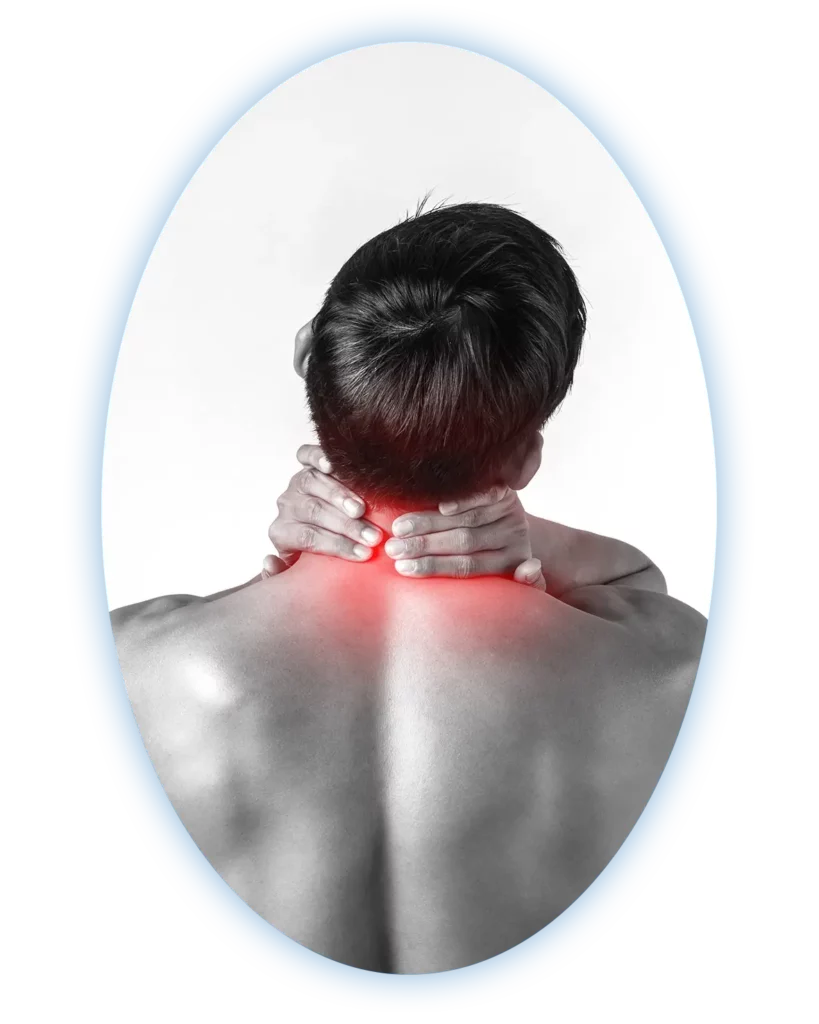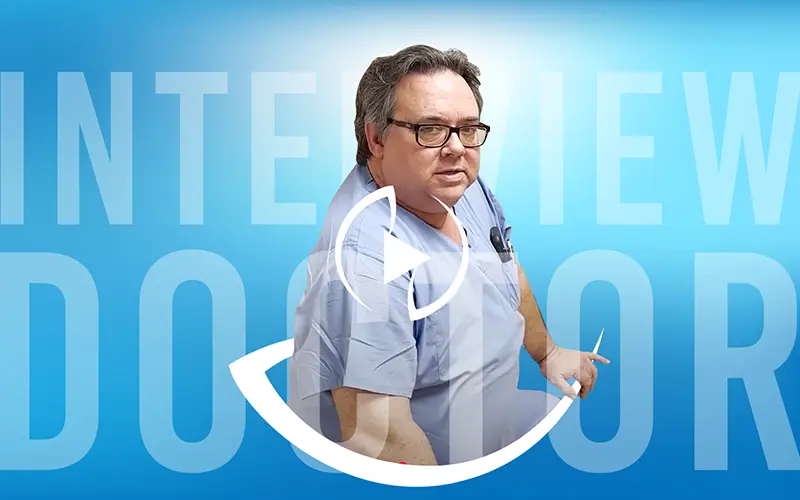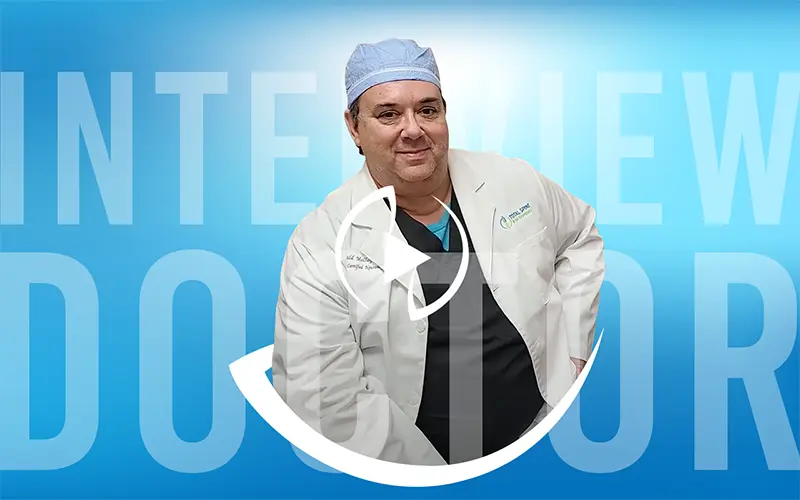The Lapiplasty procedure is a modern approach designed to correct bunions at their source, restoring natural foot alignment in three dimensions.
At some point in life, most adults experience some level of neck pain. Whether you woke up in the morning with a “crick in your neck” or you have felt the constant dull pain of a spine condition, you understand the frustration neck pain can cause.

Most neck pain improves with rest and over-the-counter medication. If it’s severe or lasts more than a week or two, see a doctor. Common symptoms include:
Since neck discomfort can have so many different causes — some of which are life threatening — diagnosing neck pain can be a challenge for health care providers. For instance, if your neck pain is accompanied by fever, headache and vomiting — and you are unable to touch your chin to your chest — your doctor may test you for a sometimes-fatal infection called meningitis.
Once meningitis and other dangerous conditions are ruled out, your doctor likely will ask you a variety of questions about the duration and severity of your pain in order to help develop a diagnosis. You may also undergo tests such as X-rays, MRI, blood tests and nerve tests, to name a few. These tests can help pinpoint the cause of your pain and also will help your doctor plan for neck pain treatment.

While nonsurgical treatment for neck pain can be effective, especially in the short term, sometimes surgery for neck pain is necessary. Your doctor will discuss all treatment options with you so you can decide which option you are most comfortable with. To learn more contact Total Spine & Orthopedics today. We can also provide a free MRI review.



